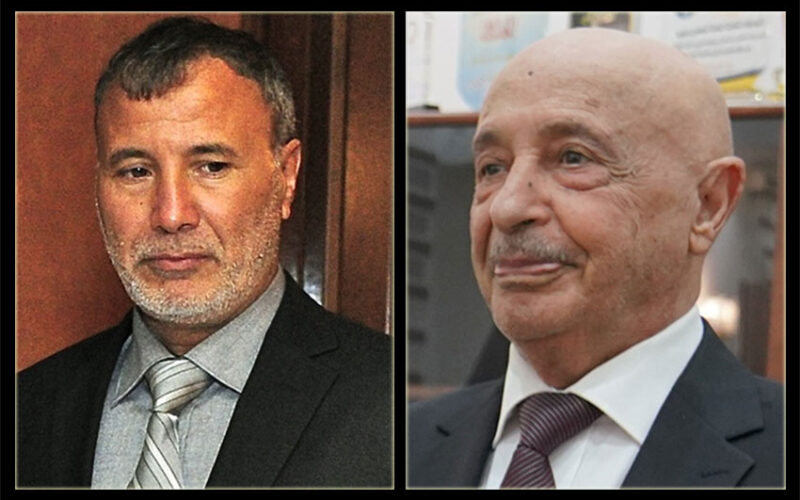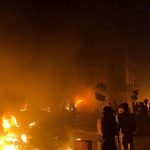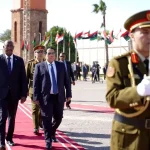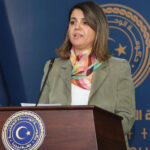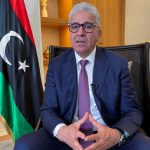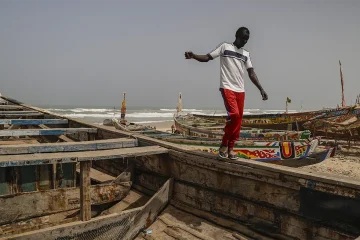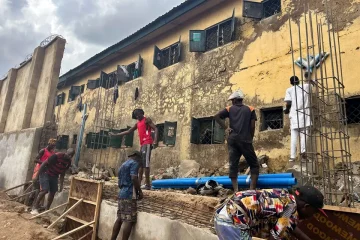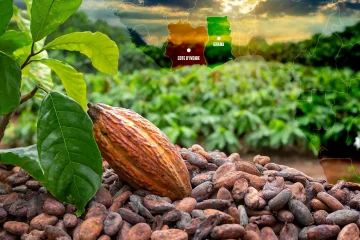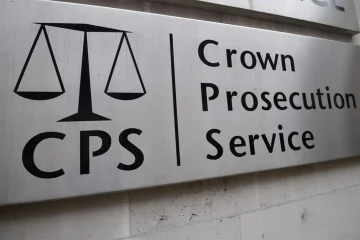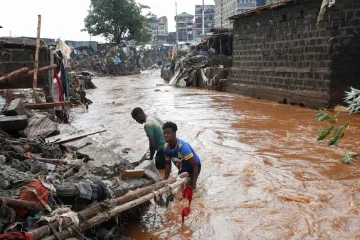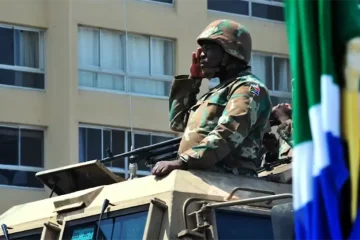EMMA FARGE and ANGUS McDOWALL
PARTICIPANTS in U.N. Libya talks in Switzerland have cast votes on for a new national presidency council to create a transitional government to oversee national elections in December, although no immediate winners emerged.
Candidates included the head of Libya’s eastern-based House of Representatives, Aguila Saleh, and Osama Juwaili, a military commander in the west.
The candidates for the three-person council must now consult with others to form regional lists which include nominees for prime minister before voting can resume.
Attempts to form a temporary government by the talks’ 75 participants, chosen by the U.N. last year to represent different strands of Libyan politics, is part of Libya’s biggest peacemaking effort in years.
But while the U.N. has hailed the progress as “positive”, praising the list of candidates as long and diverse, many Libyans remain sceptical after previous diplomatic efforts collapsed, and as key ceasefire terms remain unmet.
Some fear that losers in the process will violently reject it, that the transitional leaders will refuse to cede control once installed or that foreign powers will sabotage the process to defend their own interests.
Libya has had no peace since the 2011 NATO-backed uprising against Muammar Gaddafi’s 42-year rule and has been split since 2014 between warring factions in east and west.
The latest round of diplomacy accelerated after Khalifa Haftar’s eastern-based Libyan National Army (LNA) was beaten back from its 14-month assault on Tripoli, seat of the internationally recognised Government of National Accord (GNA).
While the United Arab Emirates, Russia and Egypt have militarily supported the LNA, Turkey has backed the GNA.
Candidates for both the presidency council and the prime minister submitted to live, televised questioning before the votes and pledged not to stand in the December elections if selected.
The presidency council will act as a temporary head of state with the power to oversee the army, declare states of emergency and take decisions on war and peace in consultation with the parliament. It will also run a national reconciliation process.
The prime minister will form a new government for approval by the parliament, prepare a unified budget, oversee a roadmap to elections and decide on the structure and management of state bodies and institutions.
Candidates for that job include the GNA’s Interior Minister Fathi Bashagha and Defence Minister Saleh Namroush.

